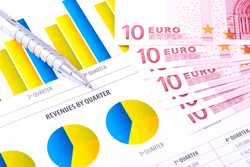Best National Banks in 2025
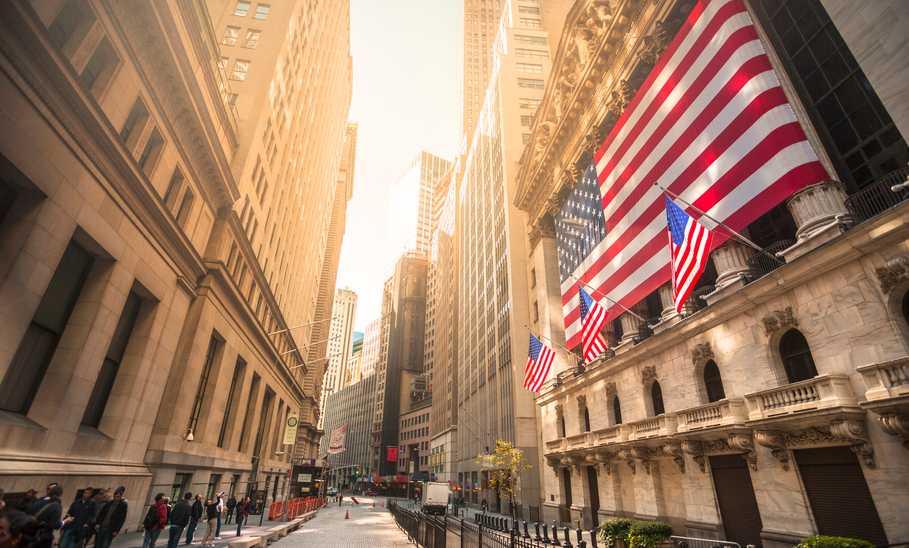

Our evaluations and opinions are not influenced by our advertising relationships, but we may earn a commission from our partners’ links. This content is created by TIME Stamped, under TIME’s direction and produced in accordance with TIME’s editorial guidelines and overseen by TIME’s editorial staff. Learn more about it.
Many banks operate only within a few states or regions of the United States. These can be great choices for many people, but if you travel frequently or move, you might face issues with finding convenient branches or ATMs.
National banks offer branch and ATM access nationwide and a full suite of financial services, including checking and savings, credit cards and loans, investing, and more.
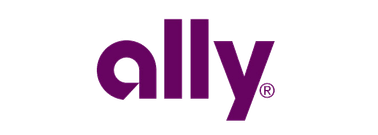


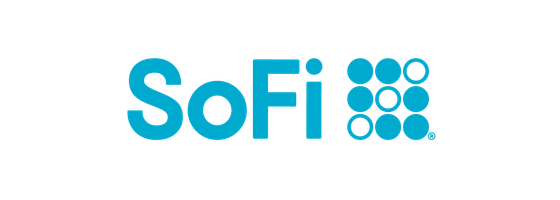
Up to $300 Bonus Tiered Disclosure New and existing Checking and Savings members who have not previously enrolled in Direct Deposit with SoFi are eligible to earn a cash bonus of either $50 (with at least $1,000 total Direct Deposits received during the Direct Deposit Bonus Period) OR $300 (with at least $5,000 total Direct Deposits received during the Direct Deposit Bonus Period). Cash bonus will be based on the total amount of Direct Deposit. Direct Deposit Promotion begins on 12/7/2023 and will be available through 1/31/2026. Full terms at sofi.com/banking. SoFi Checking and Savings is offered through SoFi Bank, N.A., Member FDIC. SoFi members with Direct Deposit can earn 4.00% annual percentage yield (APY) on savings balances (including Vaults) and 0.50% APY on checking balances. There is no minimum Direct Deposit amount required to qualify for the 4.00% APY for savings (including Vaults). Members without Direct Deposit will earn 1.20% APY on savings balances (including Vaults) and 0.50% APY on checking balances. Interest rates are variable and subject to change at any time. These rates are current as of 12/3/2024. There is no minimum balance requirement. Additional information can be found at http://www.sofi.com/legal/banking-rate-sheet.
APY disclosures: SoFi members with Direct Deposit or $5,000 or more in Qualifying Deposits during the 30-Day Evaluation Period can earn 4.00% annual percentage yield (APY) on savings balances (including Vaults) and 0.50% APY on checking balances. There is no minimum Direct Deposit amount required to qualify for the stated interest rate. Members without either Direct Deposit or Qualifying Deposits, during the 30-Day Evaluation Period will earn 1.20% APY on savings balances (including Vaults) and 0.50% APY on checking balances. Only SoFi members with direct deposit are eligible for other SoFi Plus benefits. Interest rates are variable and subject to change at any time. These rates are current as of 12/3/24. There is no minimum balance requirement. Additional information can be found at http://www.sofi.com/legal/banking-rate-sheet.
Fee Policy: We do not charge any account, service or maintenance fees for SoFi Checking and Savings. We do charge a transaction fee to process each outgoing wire transfer. SoFi does not charge a fee for incoming wire transfers, however the sending bank may charge a fee. Our fee policy is subject to change at any time. See the SoFi Checking & Savings Fee Sheet for details at sofi.com/legal/banking-fees/.
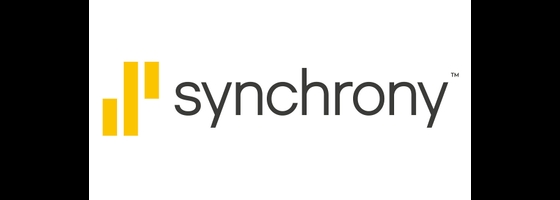
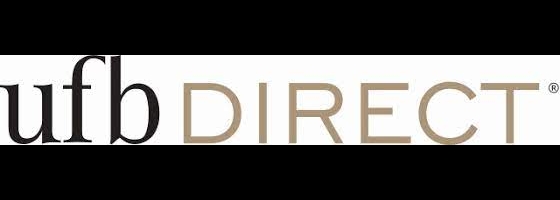
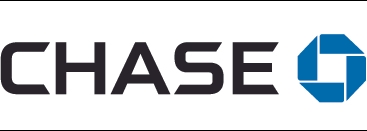
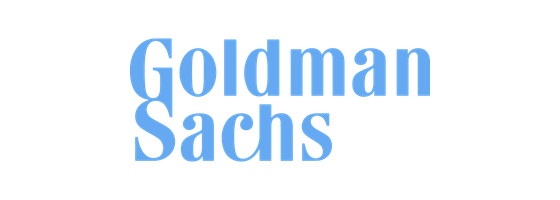
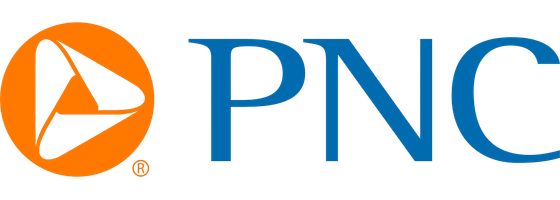
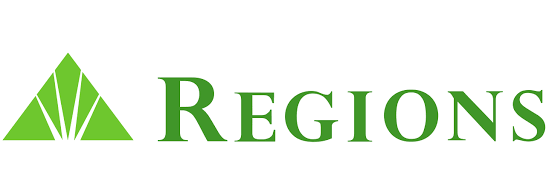
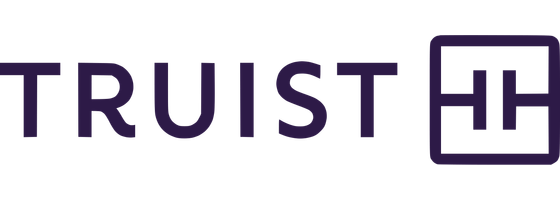
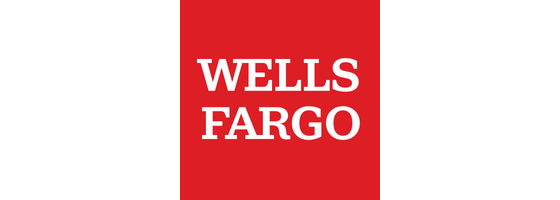
| Best for | Standard savings APY | Monthly fee | Products offered | Branch access | |
|---|---|---|---|---|---|
Ally | Online banking | 4.20% | $0 | Checking, Savings, CDs, Mortgage, Auto loans, Personal loans, Credit cards, Investing | None |
American Express | Personal loans | 4.25% | $0 | Checking, Savings, CDs, Personal loans, Credit cards | None |
Citibank | Large ATM network | 0.03% to 0.12% | $4.50 | Checking, Savings, CDs, Mortgages, Personal loans, Credit cards, Investing | 650+ |
Sofi | For students | 4.00% | $0 | Checking, Savings, Investing, Student loans, Mortgage, Personal loans, Credit cards | None |
Synchrony Bank | CDs | 4.75% | $0 | Savings, CDs, Credit cards | None |
UFB Direct | High savings rates | 5.25% | $0 | Checking, Savings, Mortgages | None |
Chase | Range of products and services | 0.01% | $10 (waivable) | Checking, Savings, CDs, Mortgage, Credit cards, Auto loans, Investing | 4,700+ |
Goldman Sachs | Investing | 4.40% | $0 | Savings, CDs, Credit cards, Investing | None |
PNC | Daily money management | 0.02 to 0.03% | $0 | Checking, Savings, Mortgages, Auto loans, Personal loans, Student loans, Credit cards, Investing | Approx. 2,300 |
Regions Bank | Rewards debit card | 0.01% | $5 | Checking, Savings, Mortgages, Auto loans, Personal loans, Student loans, Credit cards, Investing | 1,500+ |
Truist Bank | No overdraft fees | 0.01% | $5 | Checking, Savings, CDs, Mortgages, Auto loans, Personal loans, Credit cards, Investing | 1,800+ |
Wells Fargo | Automated savings | 0.01% to 2.51% | Up to $12 (waivable) | Checking, Savings, Credit cards, Mortgage, Auto loans, Personal loans, Investing | 5,600+ |
When comparing banks to build our list of the top national banks, we look at a few different factors.
Choosing the right bank can be difficult. You have to think very carefully about what you’re looking for and find one that meets those needs.
If you’re simply looking to open a savings account and earn interest, you can ignore most aspects of a bank’s services and prioritize banks with high savings account APYs. On the other hand, if you want a bank that can help you manage all of your finances, you’ll want to choose a major company such as Chase or Bank of America that offers deposit accounts, lending, and investing services.
Whatever your needs, consider whether you live or work near one of the bank’s branches or ATMs so you can access your money easily. If you opt for an online-only bank, make sure its website is easy to use. And keep an eye out for fees.
Before opening an account with a national bank, it’s important to understand how they compare to other types of financial institutions.
A national bank is a large bank that has a presence across a significant portion of the country. These banks are chartered by the comptroller of the U.S. Treasury, serve as member banks of the Federal Reserve, and may play a role in helping with the auctioning of U.S. Treasury bonds.
Local banks are much smaller in size and may only operate in a small area, a single state, or a few states. Like national banks, they’re owned and operated for the benefit of their shareholders. Some people prefer local banks because of a perception that they can offer more personalized services.
Credit unions are a type of financial institution that functions similarly to banks. They offer loans and deposit accounts in the same way. What makes them unique is that they are owned by their account holders, also called members. Credit unions can be small, local operations or larger national institutions.
Checking and savings accounts are key services offered by banks, but deposit accounts are only one small aspect of banking. Banks offer many other services, including:
Opening an account at a national bank isn’t particularly difficult. It’s much like opening an account at any other bank.
To start, you’ll need to apply in person or online to open an account. This usually involves answering a few basic questions and providing some identifying information such as your Social Security number, address, and contact information.
Once you’re approved, you can make your initial deposit. If you’re opening the account in person, you can usually make the deposit in cash. If you’re opening the account online, you can make an electronic transfer from another account.
To open a bank account at a national bank, you’ll need:
If you’re opening a joint account, your co-owner will also need to provide the same documents and information.
There are many high-quality national banks to choose from, each with its own offerings, strengths, and weaknesses. Remember that your choice of bank is a personal decision. There’s no one right answer.
Think about what you want from your new bank account, then compare how each bank’s offerings will meet that need. Follow a few simple rules, such as avoiding banks with high fees and making sure you have a few branches or ATMs you can access easily, and you should be happy with your new bank account.
Yes, national banks are insured by the Federal Deposit Insurance Corporation (FDIC), which covers up to $250,000 per depositor, per account type. That means if your bank isn’t able to return money you’ve deposited, the FDIC will reimburse you, making these banks safe and reliable.
To find the best national bank for your needs, you first need to think about your priorities. If you want a great savings account, prioritize banks with high interest rates. If you want a one-stop shop for your financial services needs, make sure the bank you choose has a wide variety of services.
Regardless of your unique needs, be sure to choose a bank with low fees.
Most banks in the U.S. are insured by the FDIC, which means they’re all extremely safe. FDIC insurance reimburses you for up to $250,000 in losses if a bank isn’t able to return your deposited money.
Since FDIC coverage isn’t a distinguishing factor, the best bank is the one that offers services that align with your needs.
National banks have pros and cons. Their large footprint means you’ll be able to find a branch or ATM even if you travel somewhere new or wind up moving. They also tend to be large and offer a variety of services.
However, some people argue that smaller banks are better able to offer personalized services and may have lower fees or better rates.
The information presented here is created by TIME Stamped and overseen by TIME editorial staff. To learn more, see our About Us page.


